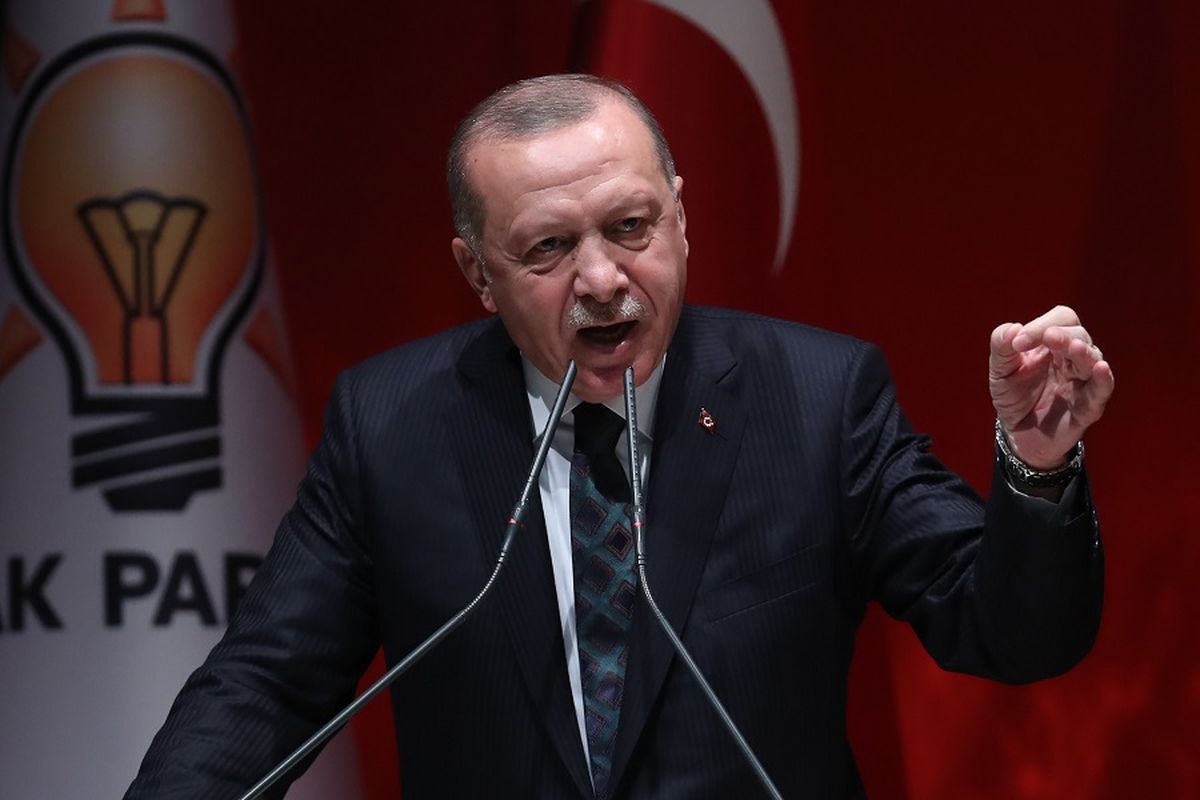Turkey’s New Social Media Law Stokes Fears of Increased Online Censorship

The legislation has aroused deep concerns for many Internet users in Turkey who mobilised online in recent weeks using the hashtag "don't touch my social media".
'No obstacle'
Ibrahim Kalin, President Recep Tayyip Erdogan's spokesman, brushed off fears the law would hamper free speech.
"There is no obstacle to social media users freely expressing their opinion," he told CNN-Turk television on Tuesday.
"Here is the rule: whatever is a crime in the real world is also a crime in the cyber world ... there must be a limit to criticism."
Turkey's President vowed to tighten government control over social media earlier this month after he said "dark-hearted" users insulted Finance Minister Berat Albayrak and his wife Esra, the president's daughter, following the birth of their fourth child.
And last month, the Turkish leader met with a spate of negative comments during a video-conference with young people.
The Turkish presidency then turned off comments but there were 388,000 clicks on the "thumbs down" button, compared with 114,000 on the "thumbs up" button.
Recep Erdogan is not a fan of social media despite a large following on different platforms, including Twitter.
He once compared the media platforms to a "murderer's knife" and previously promised to "eradicate" Twitter.
His government previously blocked Twitter and YouTube in 2014 after audio recordings were posted implicating the president, then prime minister, and his inner circle in an alleged corruption scandal.
Recep Tayyip Erdogan's aversion of social media also dates back to anti-government protests in 2013, which were often mobilized by Twitter and Facebook posts.
A Turkish court in January lifted a ban on the online encyclopedia Wikipedia after almost three years.
According to Twitter's latest "transparency report" for the first half of 2019, Turkey ranked number one for seeking content removal with more than 6,000 requests.
(Writer & Editor: Agence France-Presse)
Source: http://u.afp.com/38xA
Simak breaking news dan berita pilihan kami langsung di ponselmu. Pilih saluran andalanmu akses berita Kompas.com WhatsApp Channel : https://www.whatsapp.com/channel/0029VaFPbedBPzjZrk13HO3D. Pastikan kamu sudah install aplikasi WhatsApp ya.

































